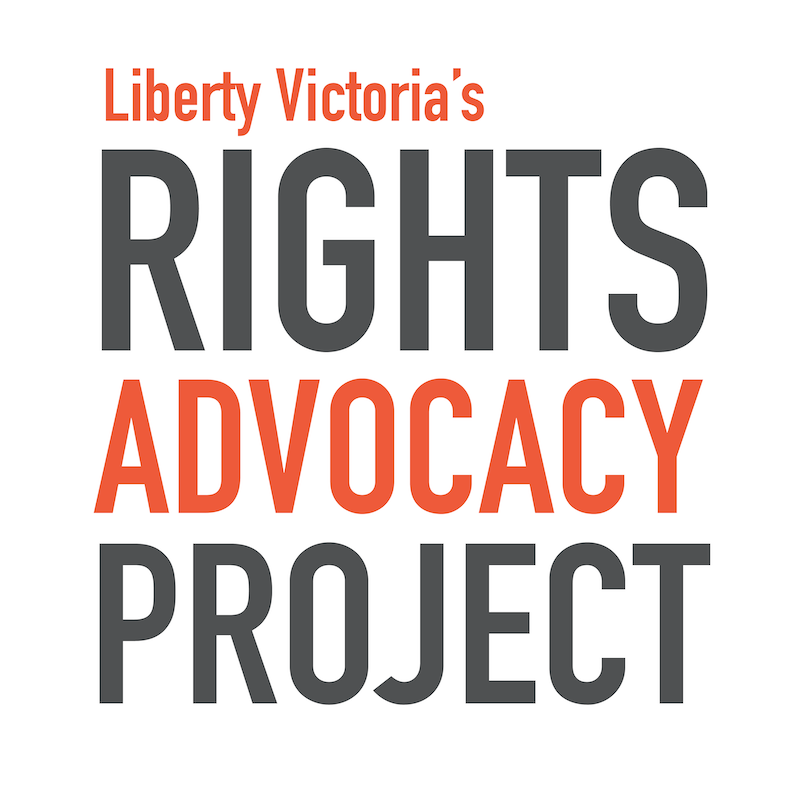On Thursday 10 March 2022, Liberty Victoria’s Rights Advocacy Project (RAP) will launch its report, A Policy for Equality: Painful Periods as a Workplace Issue. The Report shines a spotlight on the discriminatory and non-inclusive treatment of people who menstruate at work, and the social and economic advantages of changing the current approach.
The Report proposes reforms to the Fair Work Act 2009 (Cth) and provides policy templates to be implemented by individual organisations and public authorities.
RAP believes it is only a matter of time until menstrual leave and appropriate flexible working arrangements are offered in Australian workplaces. All we need to do is recognise the legal, social, psychological and economic benefits that introducing such arrangements in the workplace can bring - for both employees and employers.
Panellists include:
Kate Marshall, the Assistant State Secretary of the Health and Community Services Union (HACSU), a Victorian union supporting over 10,000 members working in mental health, disability, and drug and alcohol services. Recently, the HACSU launched its Reproductive Health and Wellbeing Leave campaign. This is one of the first menstrual-related leave campaigns in Australia’s history.
Gemma Cafarella, a Barrister who practices in public law, including discrimination and sexual harassment matters. Gemma is the Chair of Liberty Victoria’s Government Regulation and Equality Committee, and a Supervisor for RAP. Gemma also has endometriosis and adenomyosis.
Mary Crooks, the Executive Director of the Victorian Women’s Trust (VWT), a research and advocacy organisation focused on equality for women, girls and gender diverse people. The VWT was one of Australia’s first employers to introduce paid menstrual leave and flexible working arrangements. It also advocates for the wider adoption of similar policies. Mary has overseen the research and publication of About Bloody Time: The menstrual revolution we have to have (2019) and Ourselves at Work: Creating positive menstrual culture in your workplace (2021).
